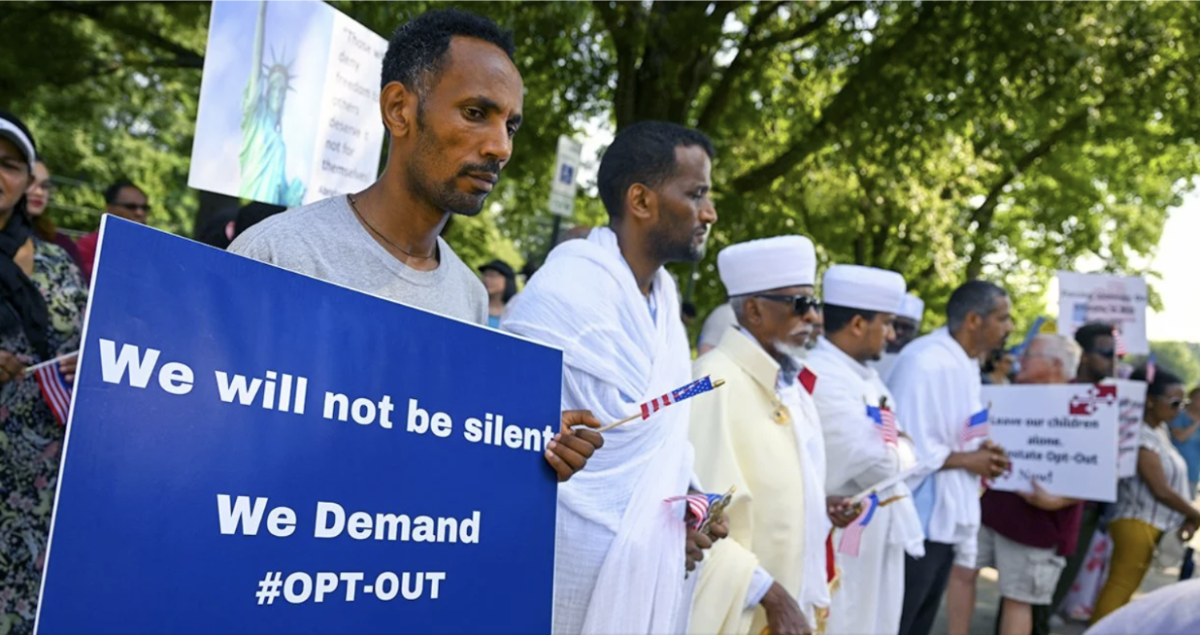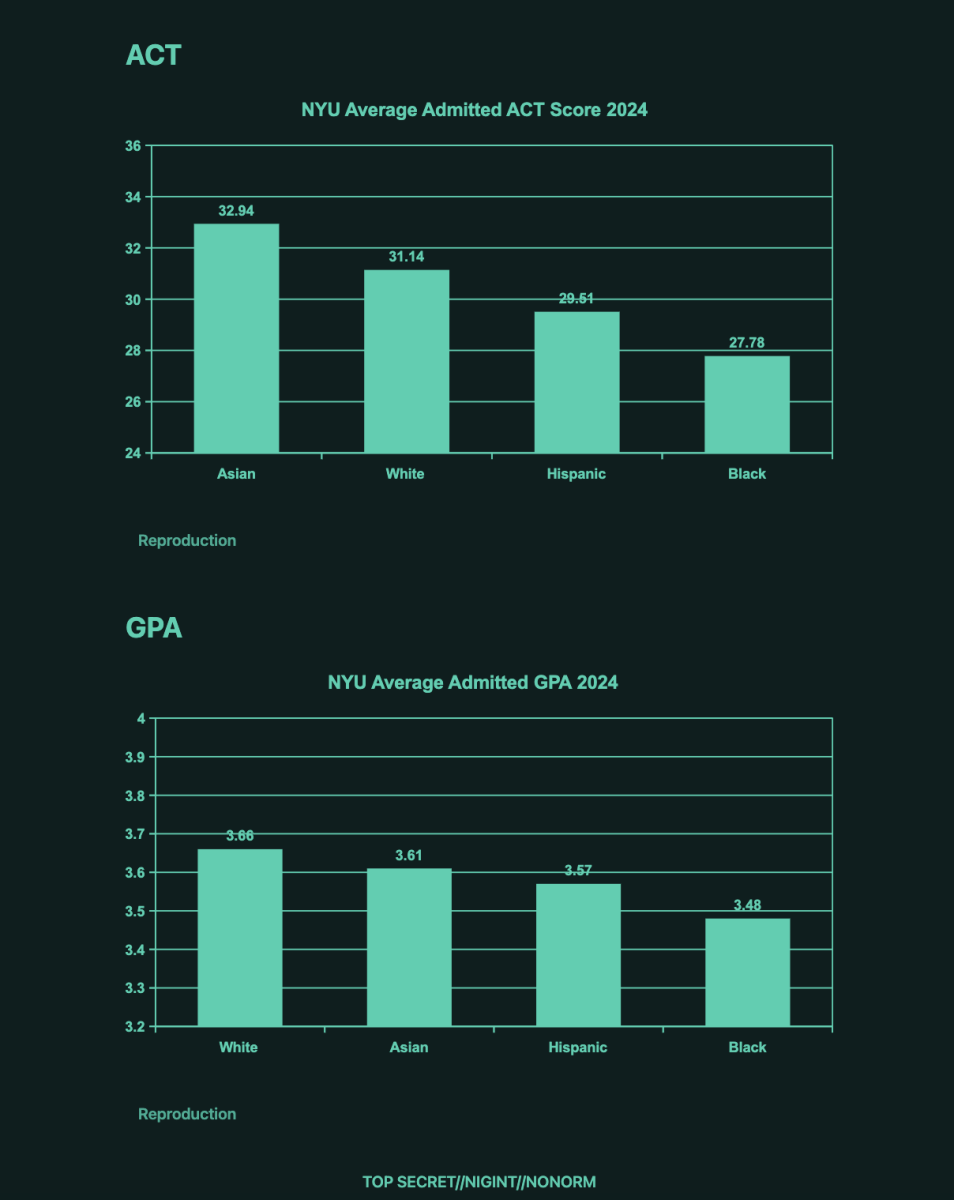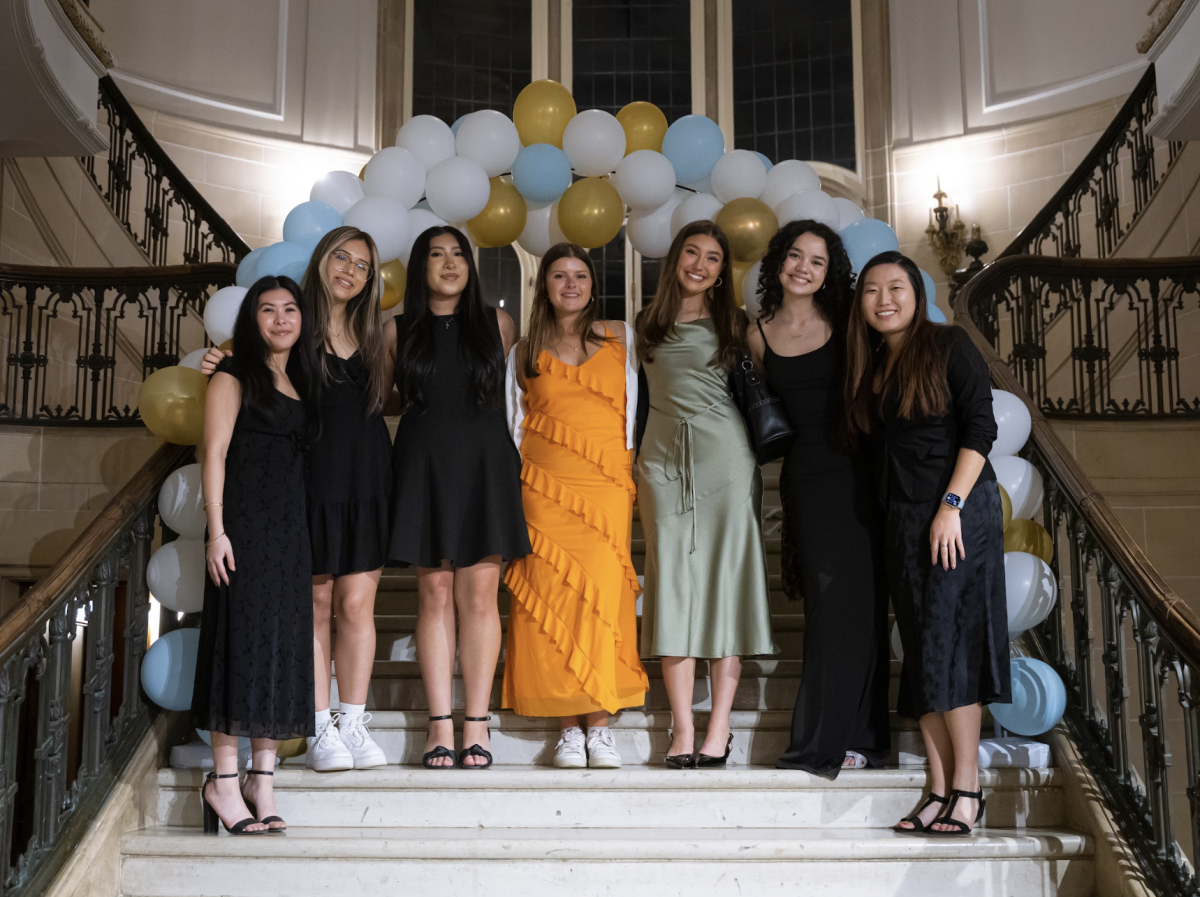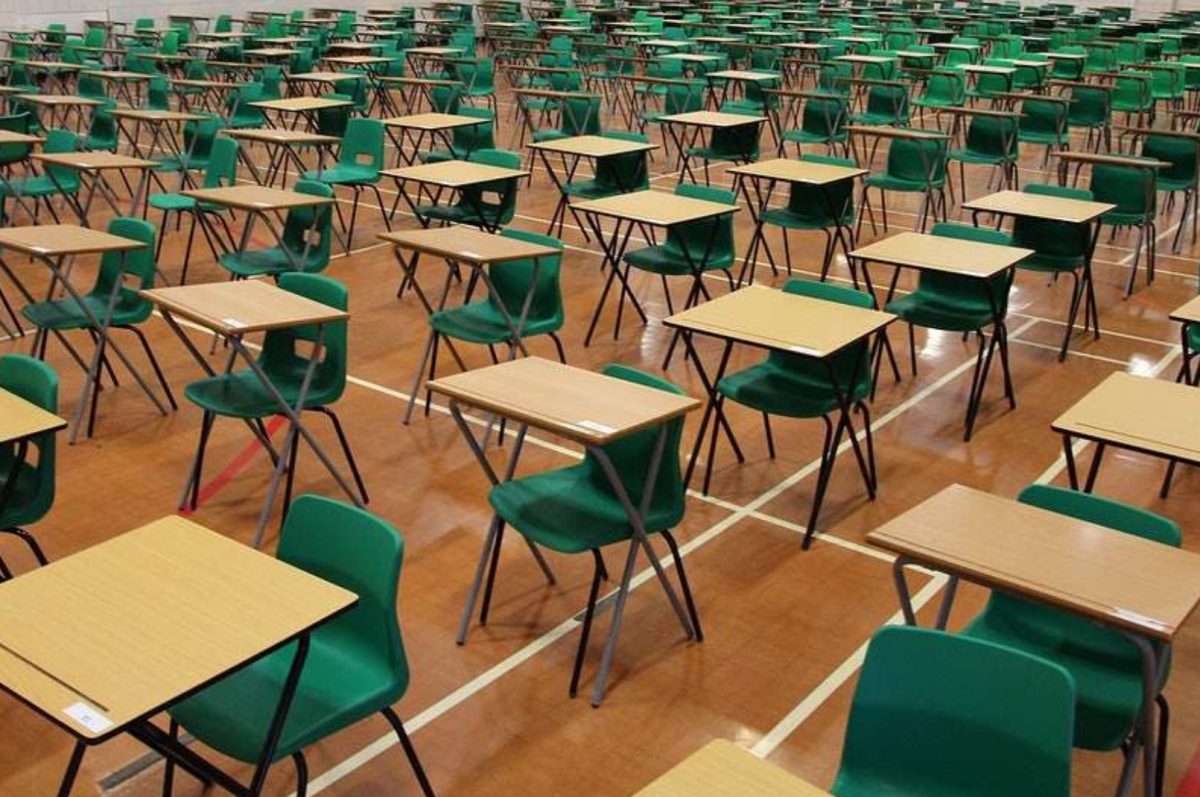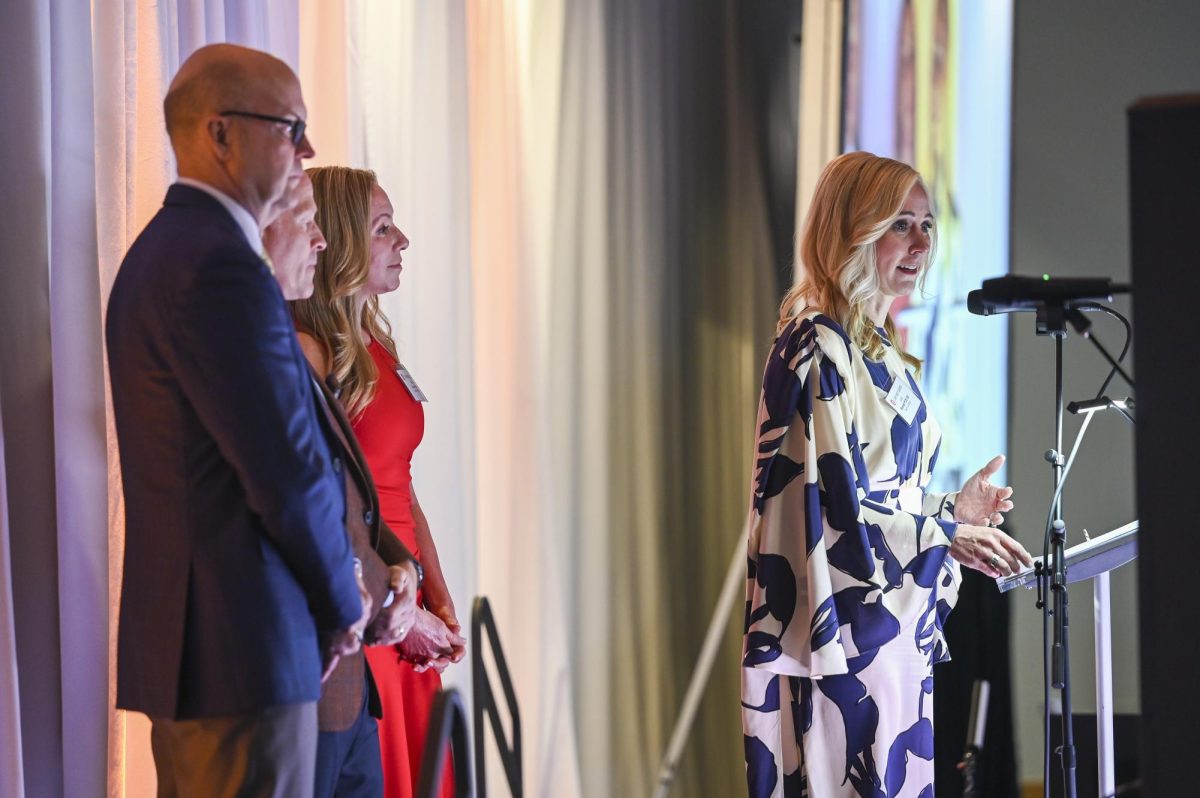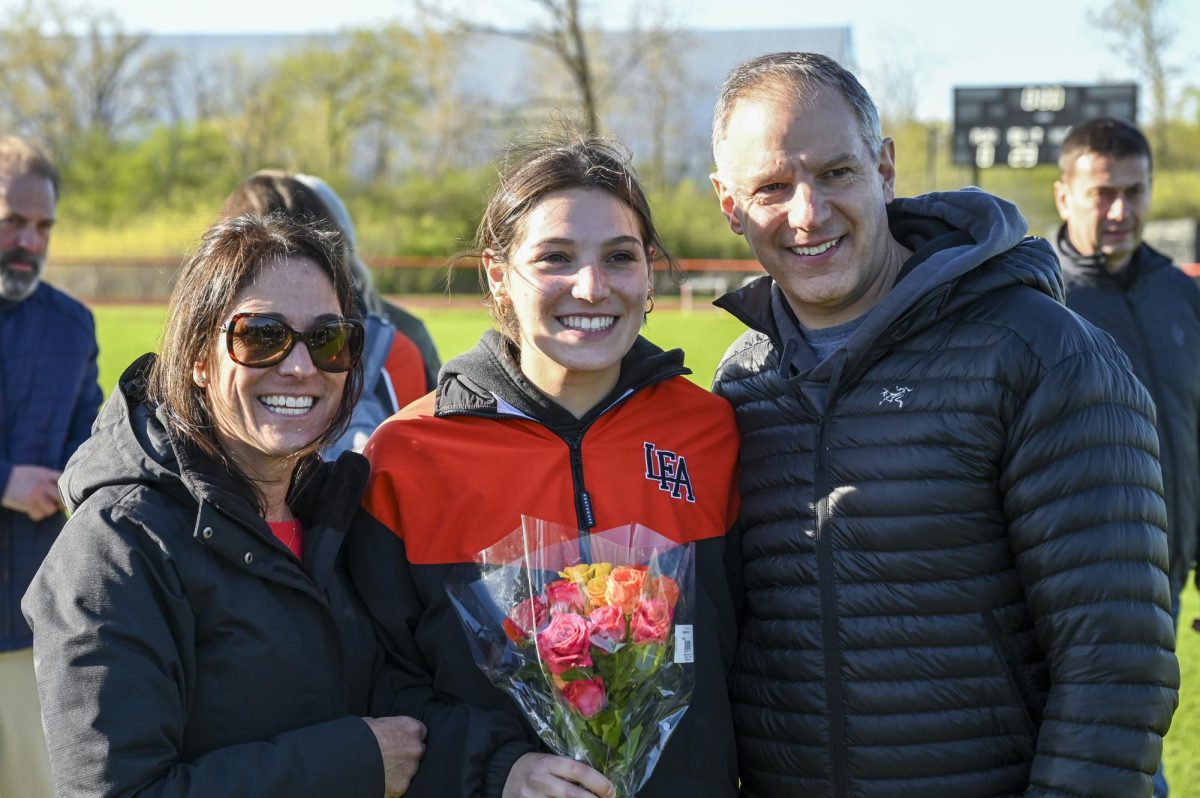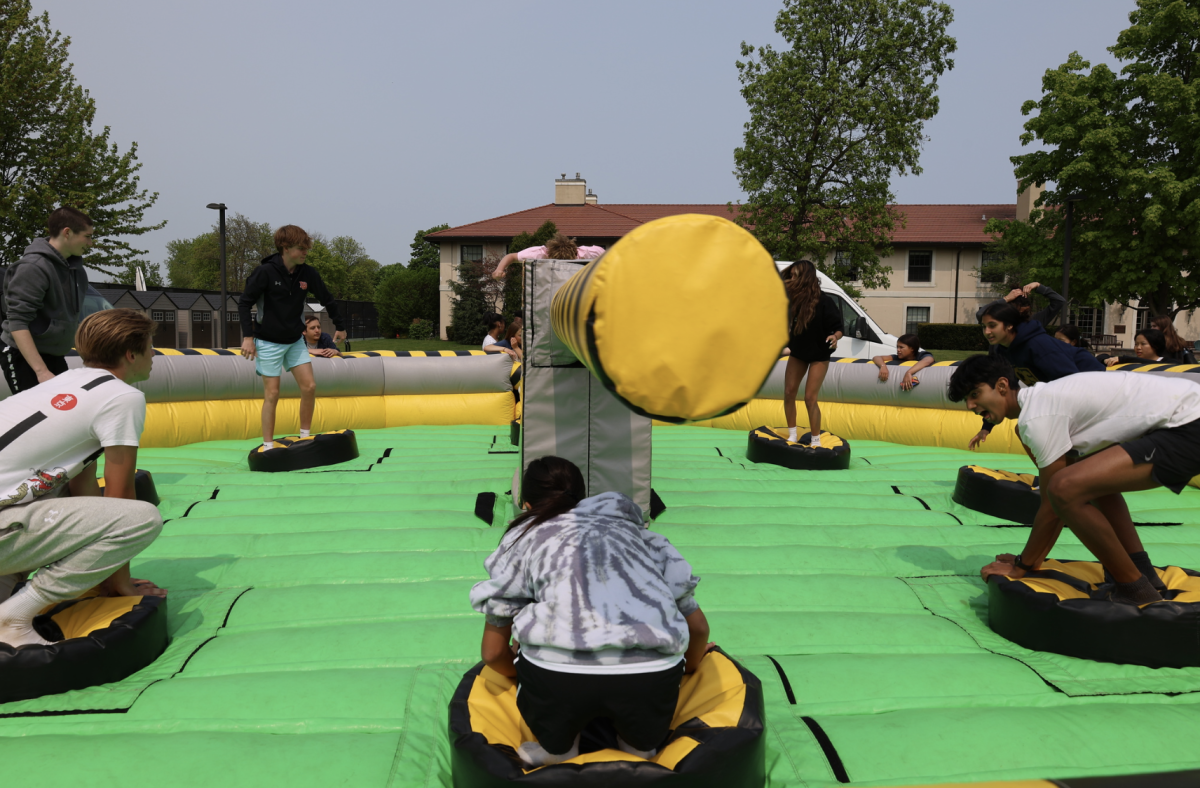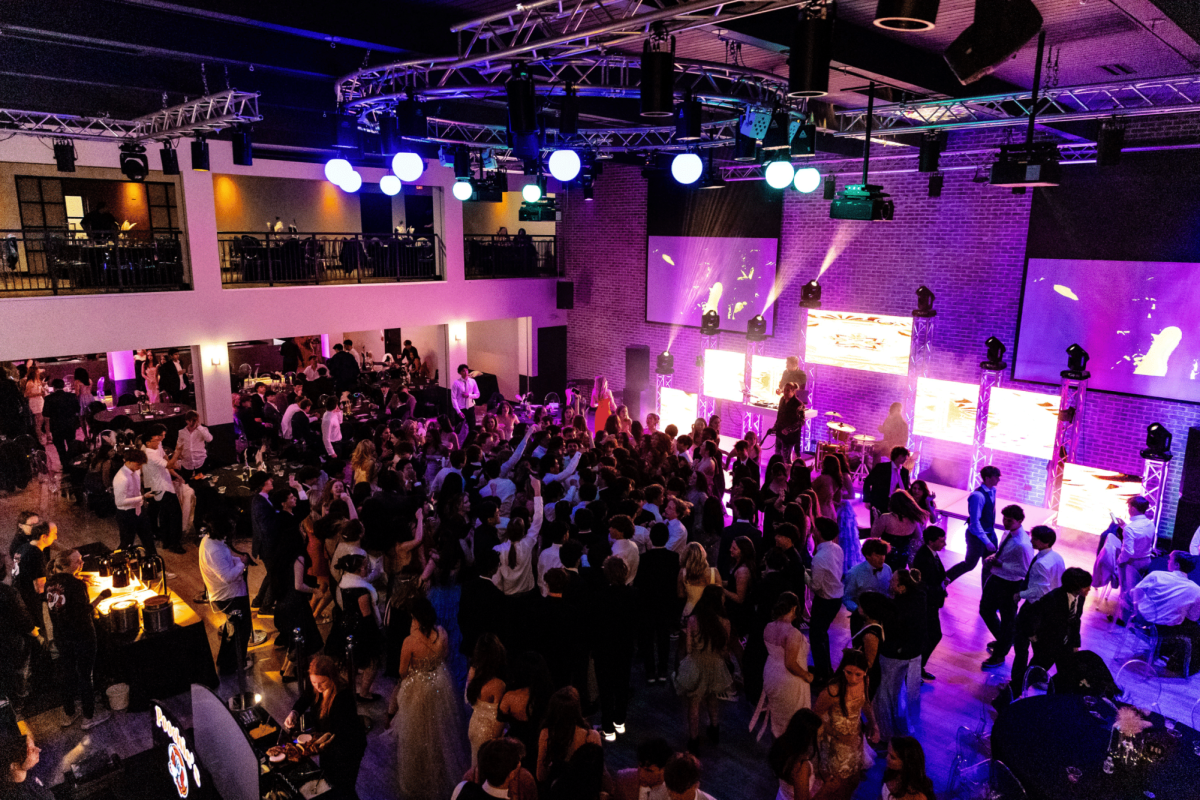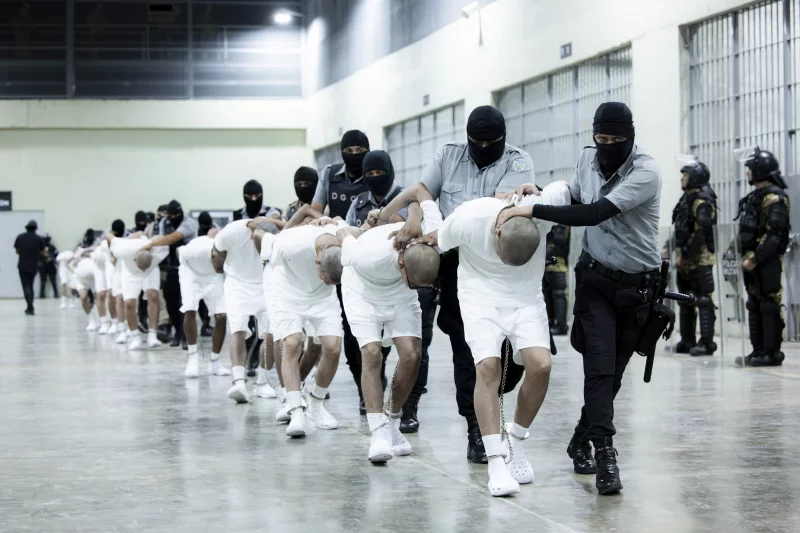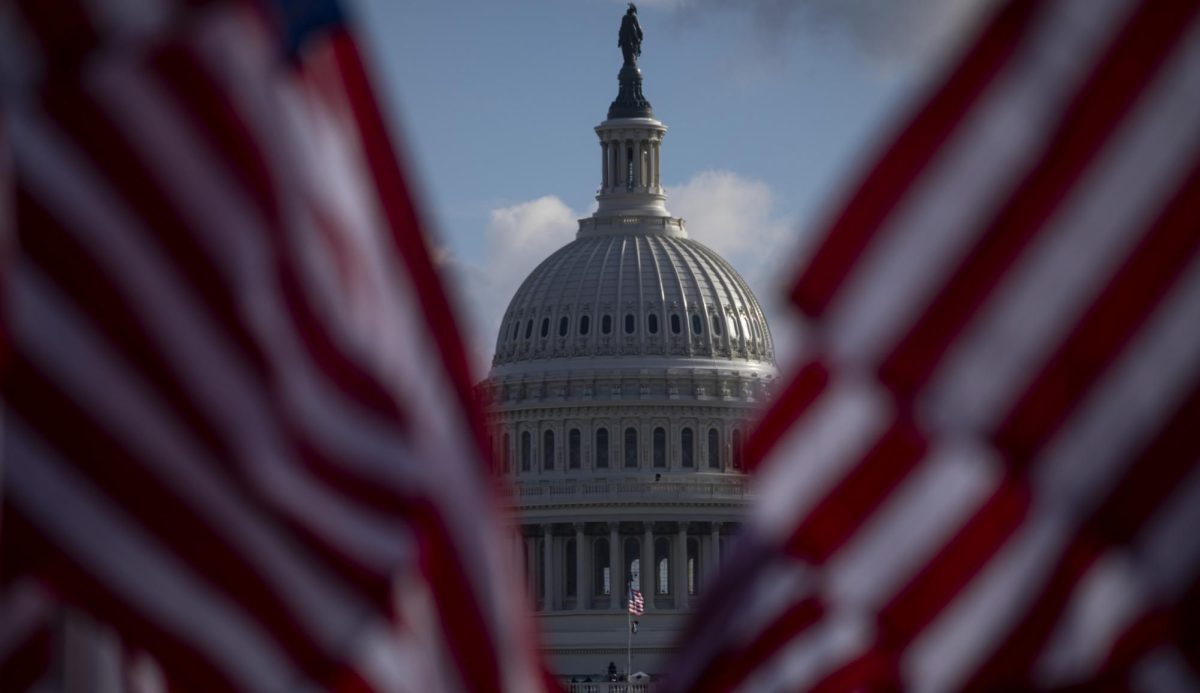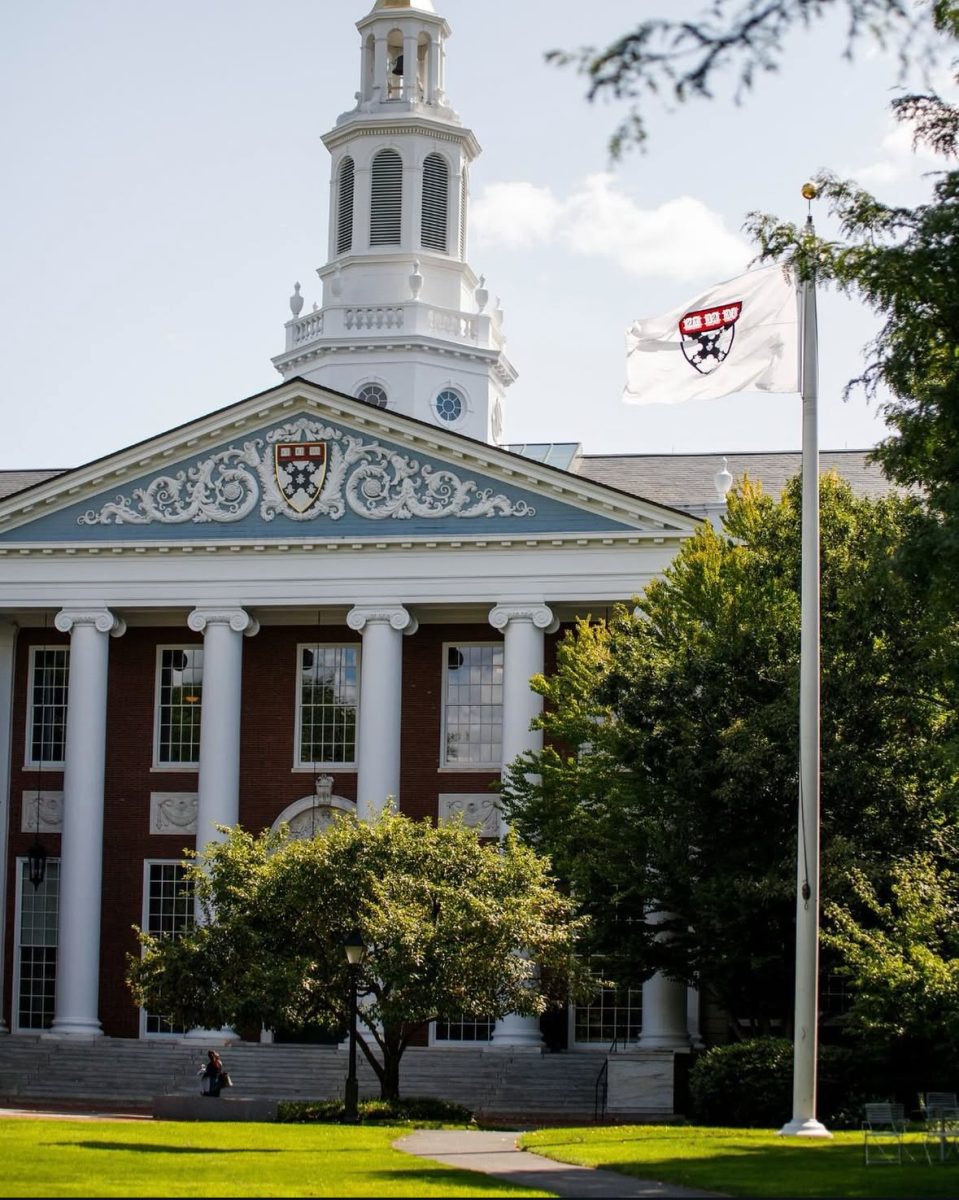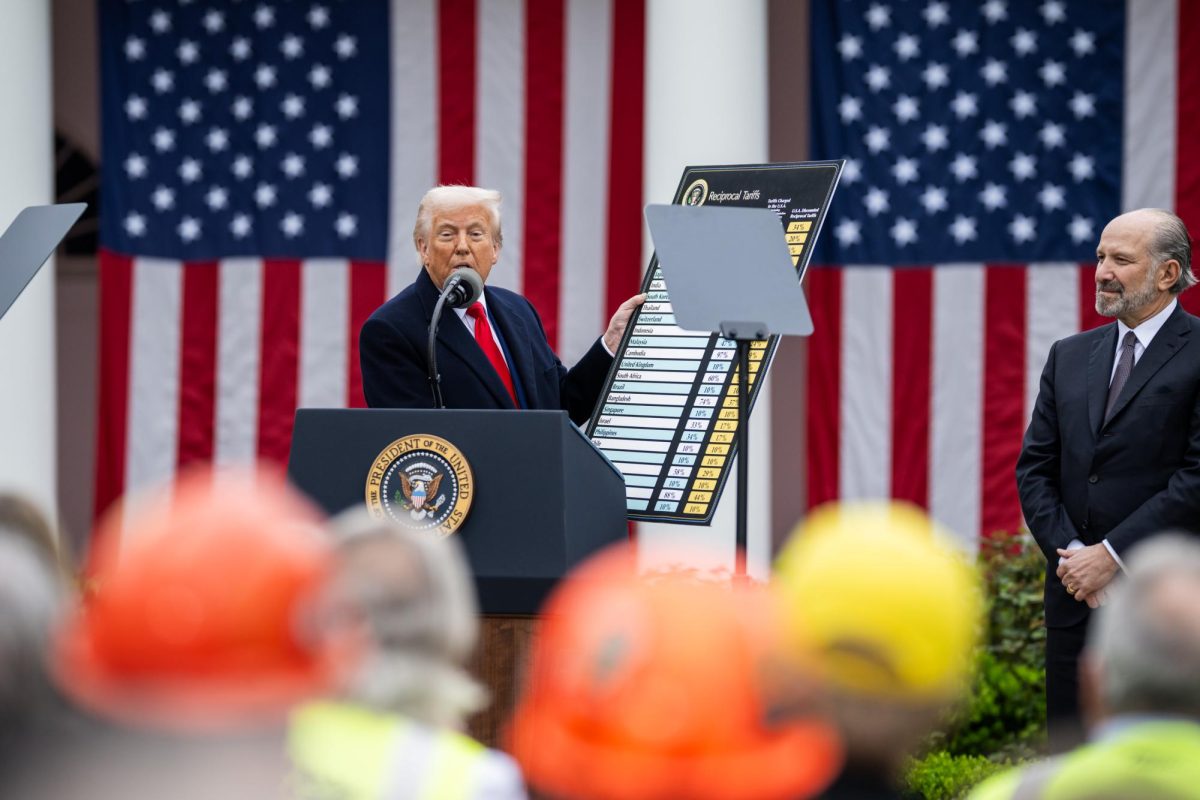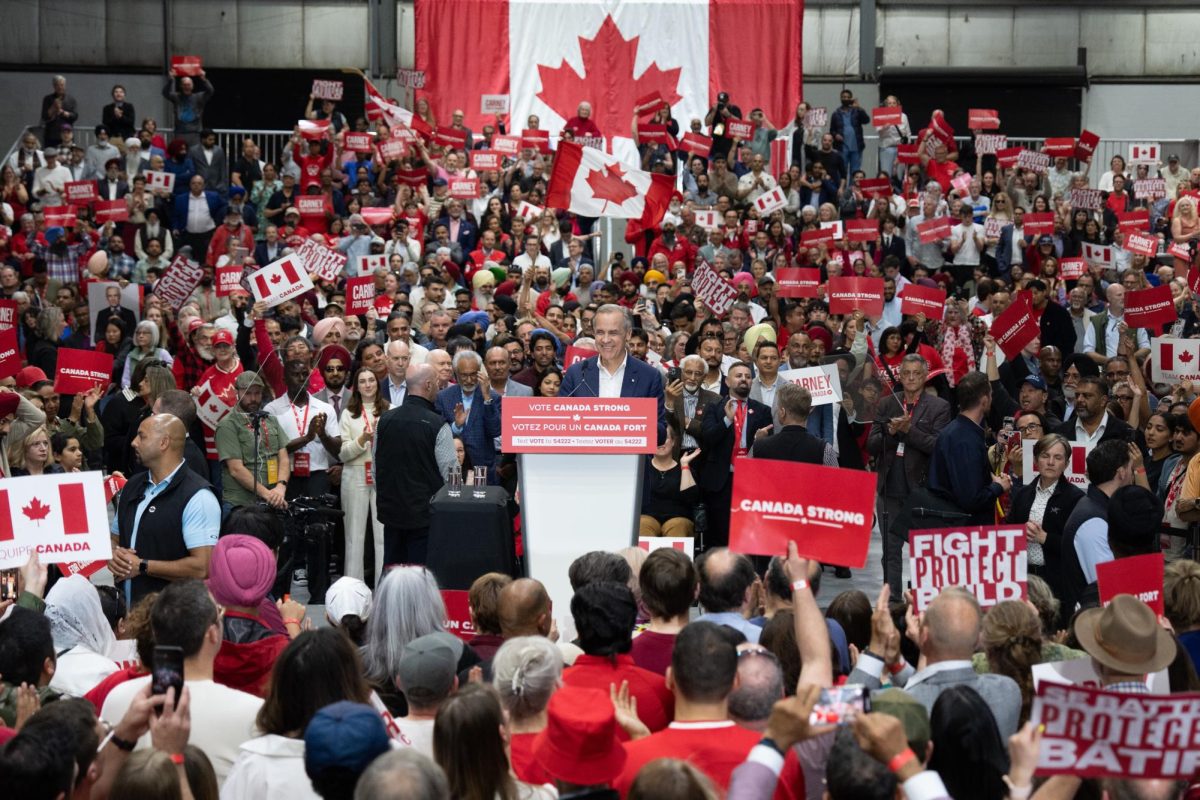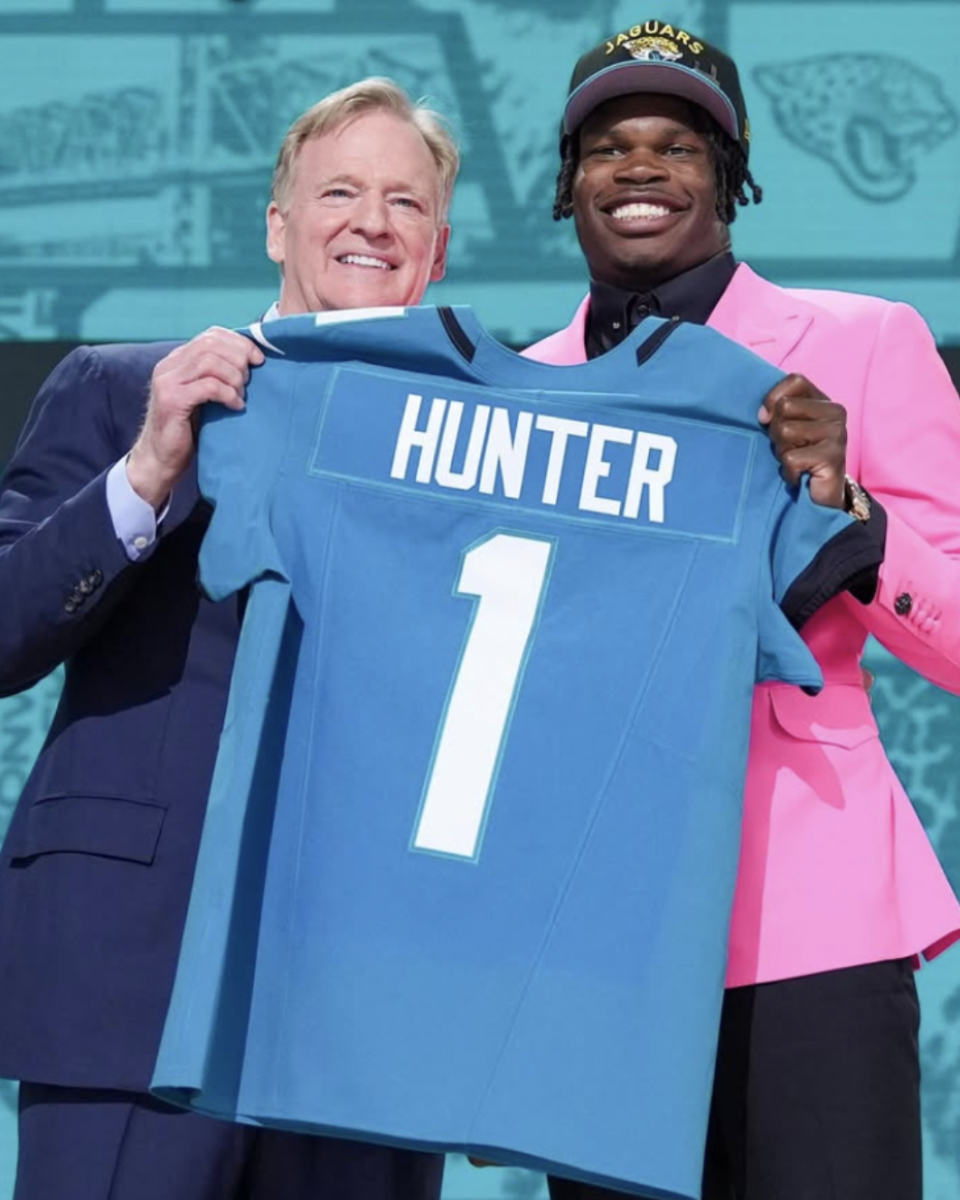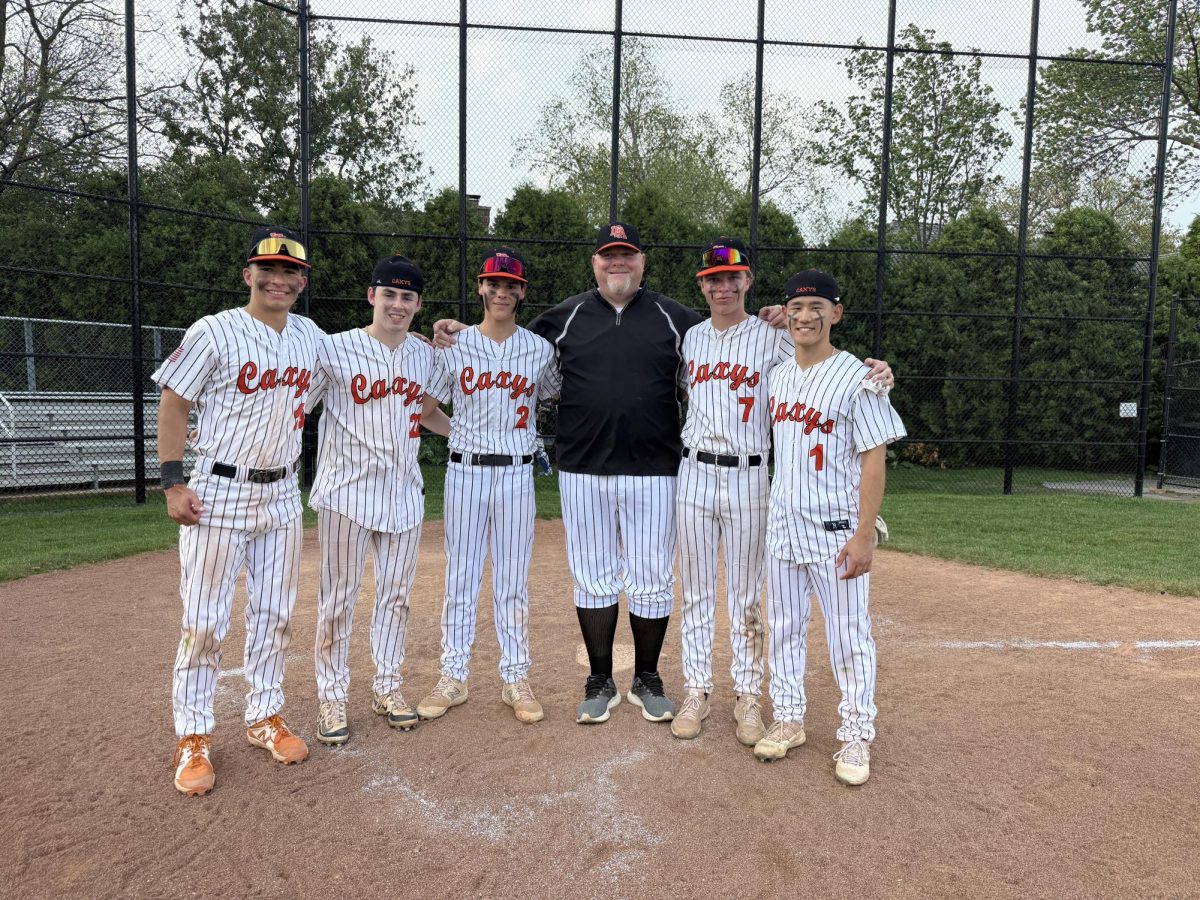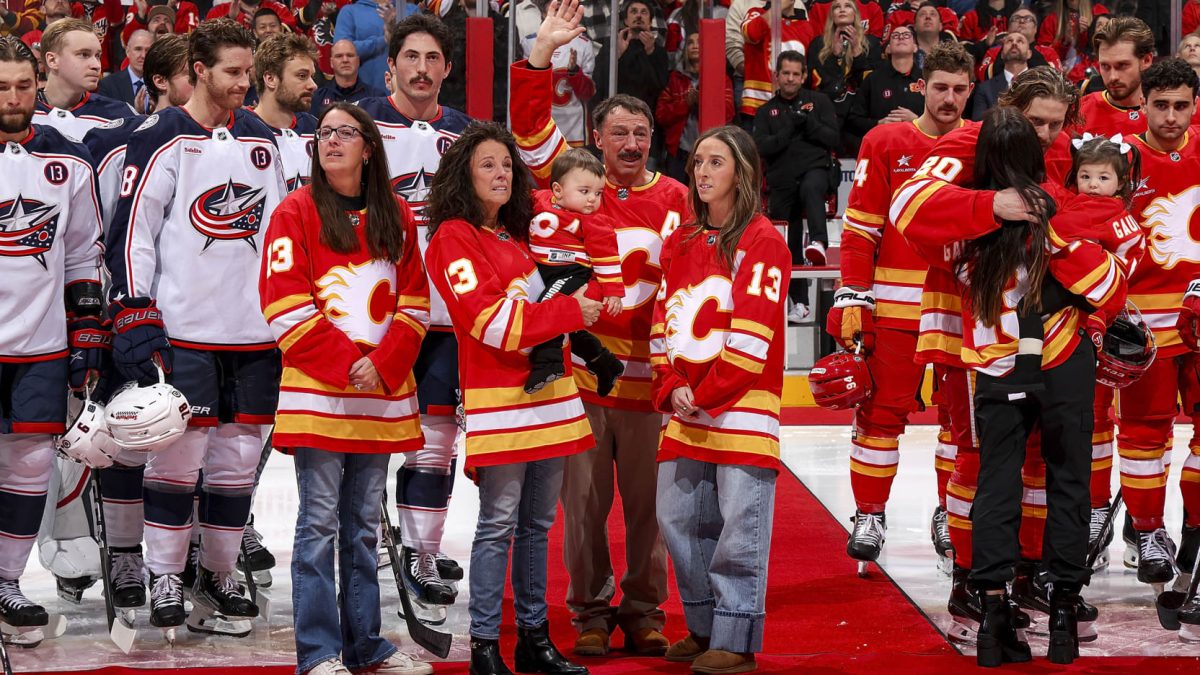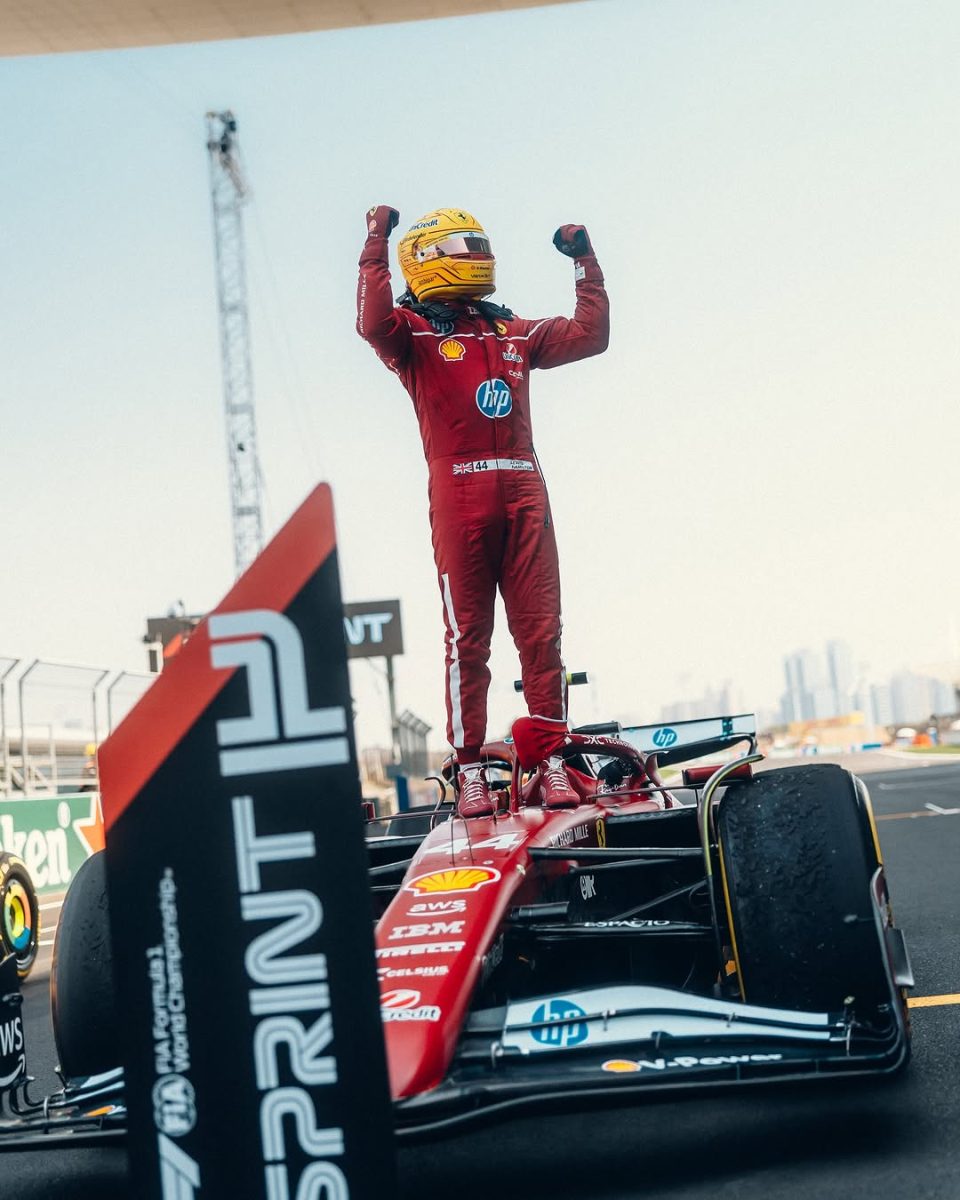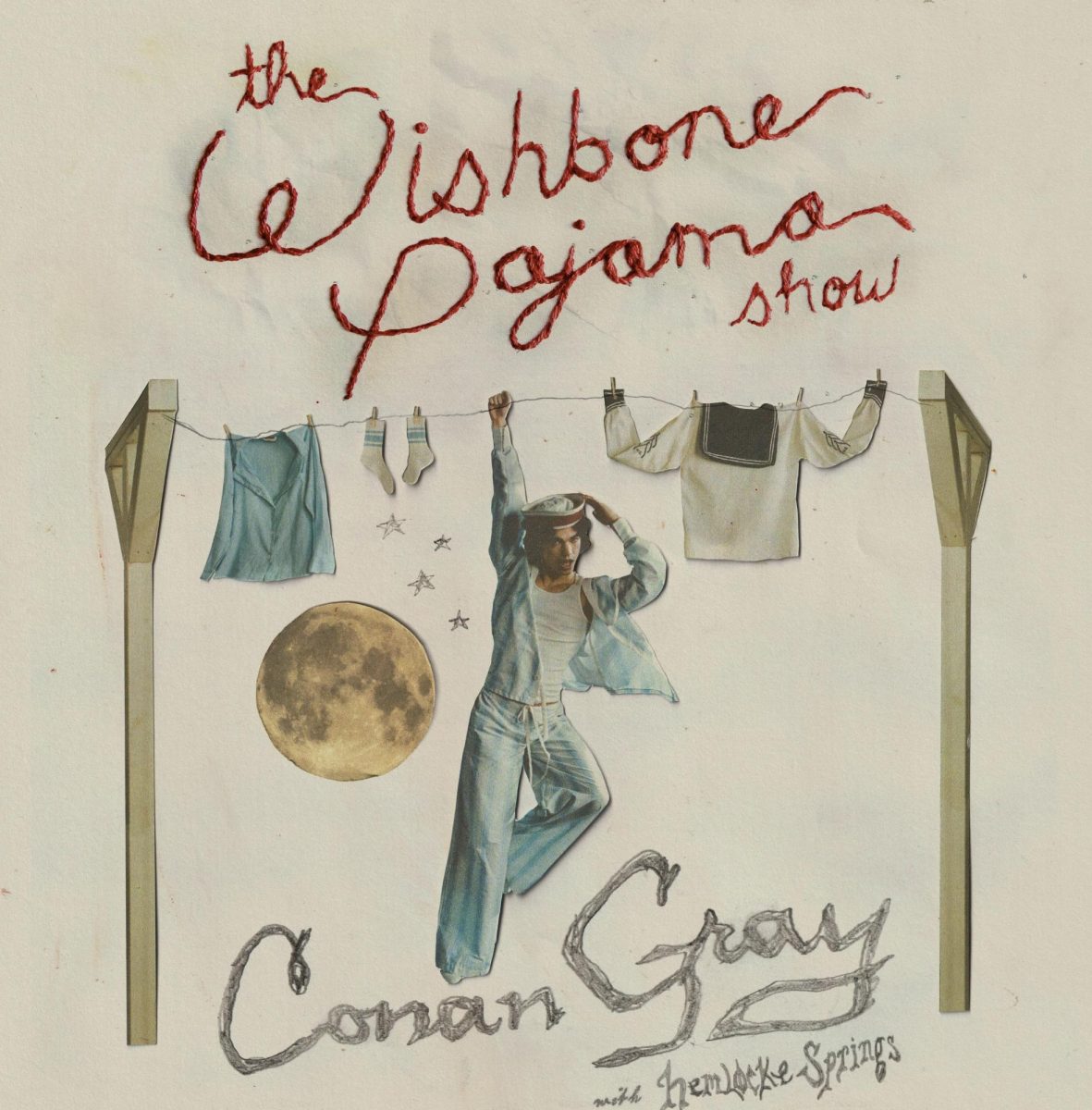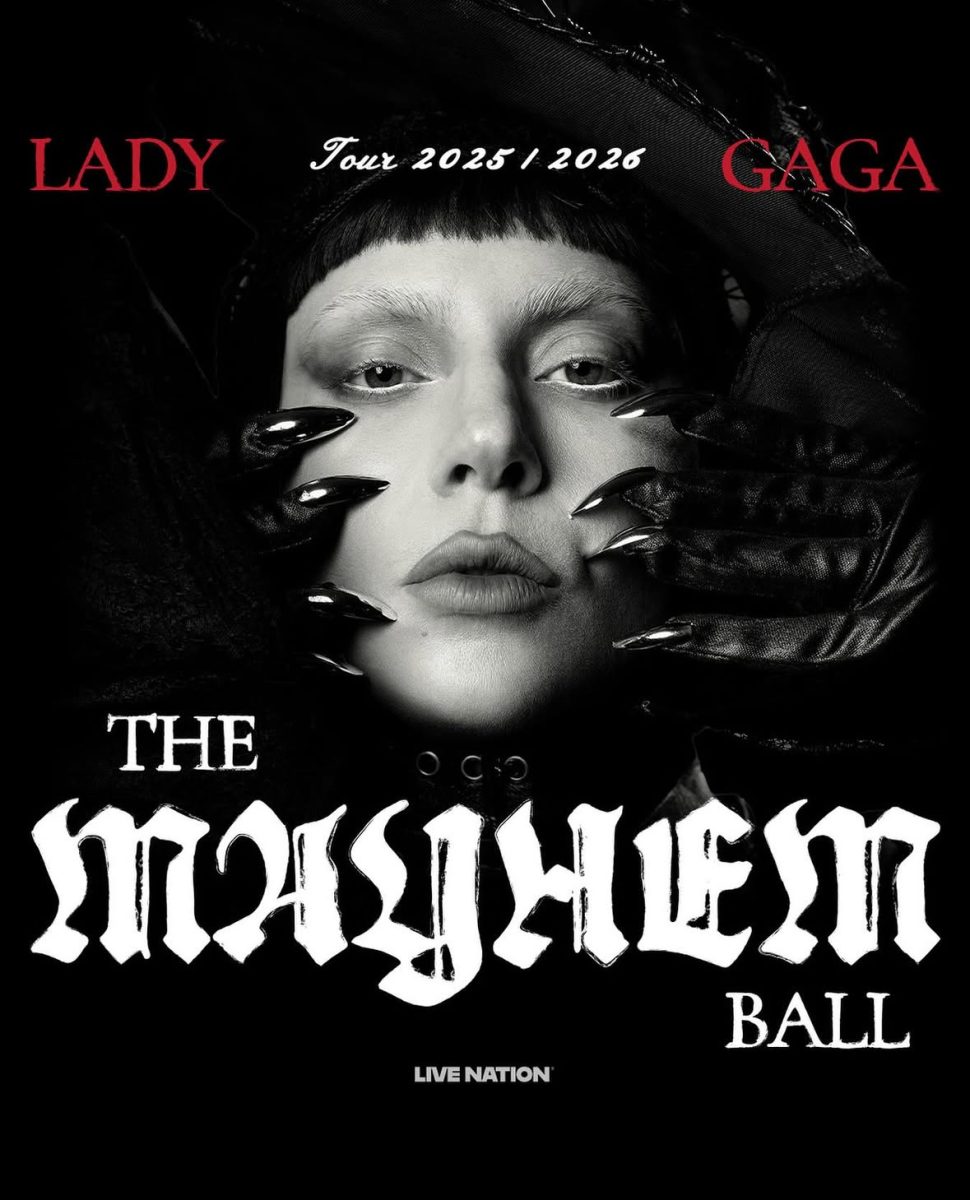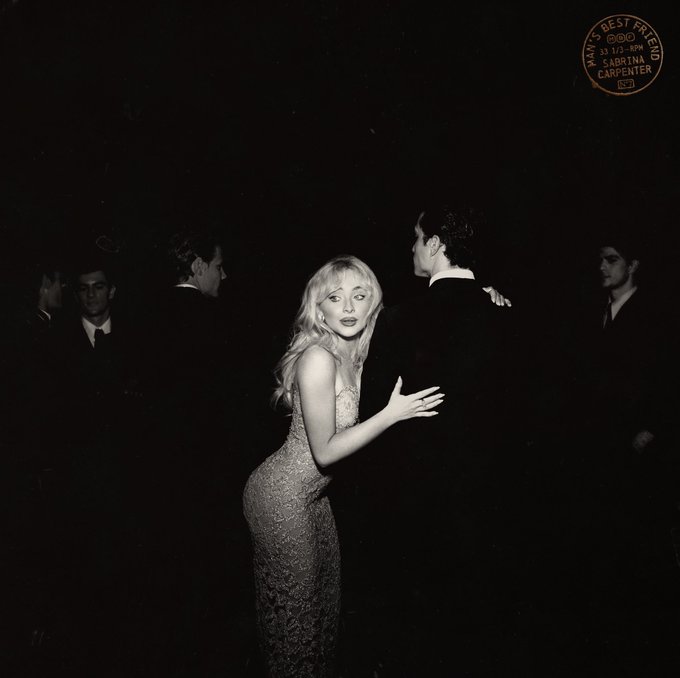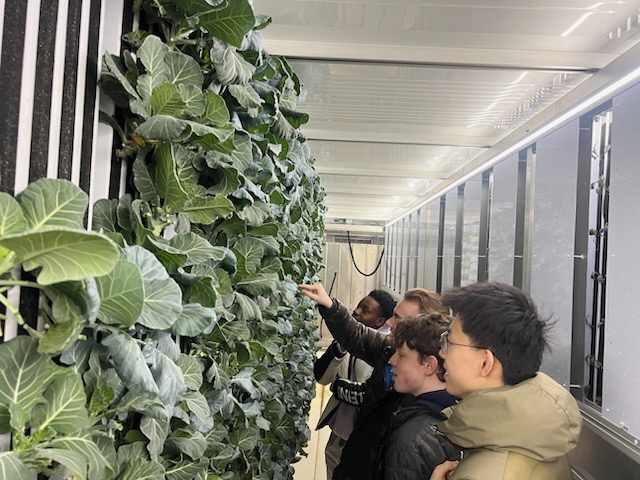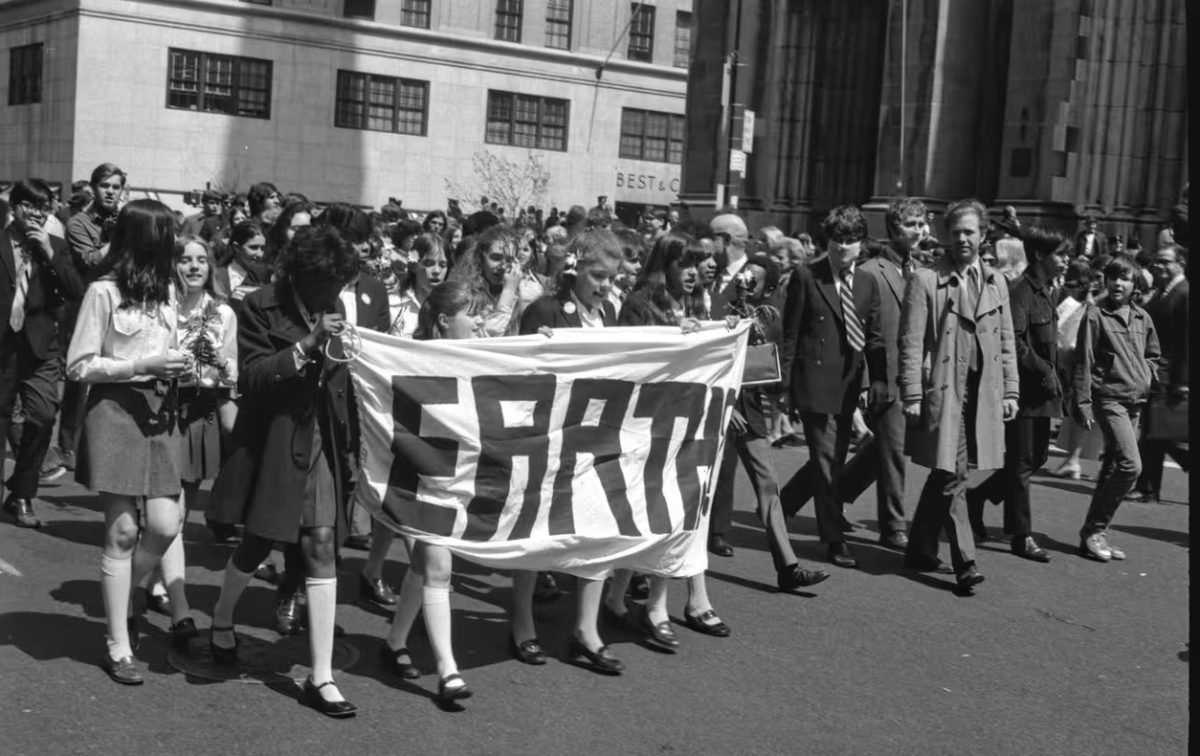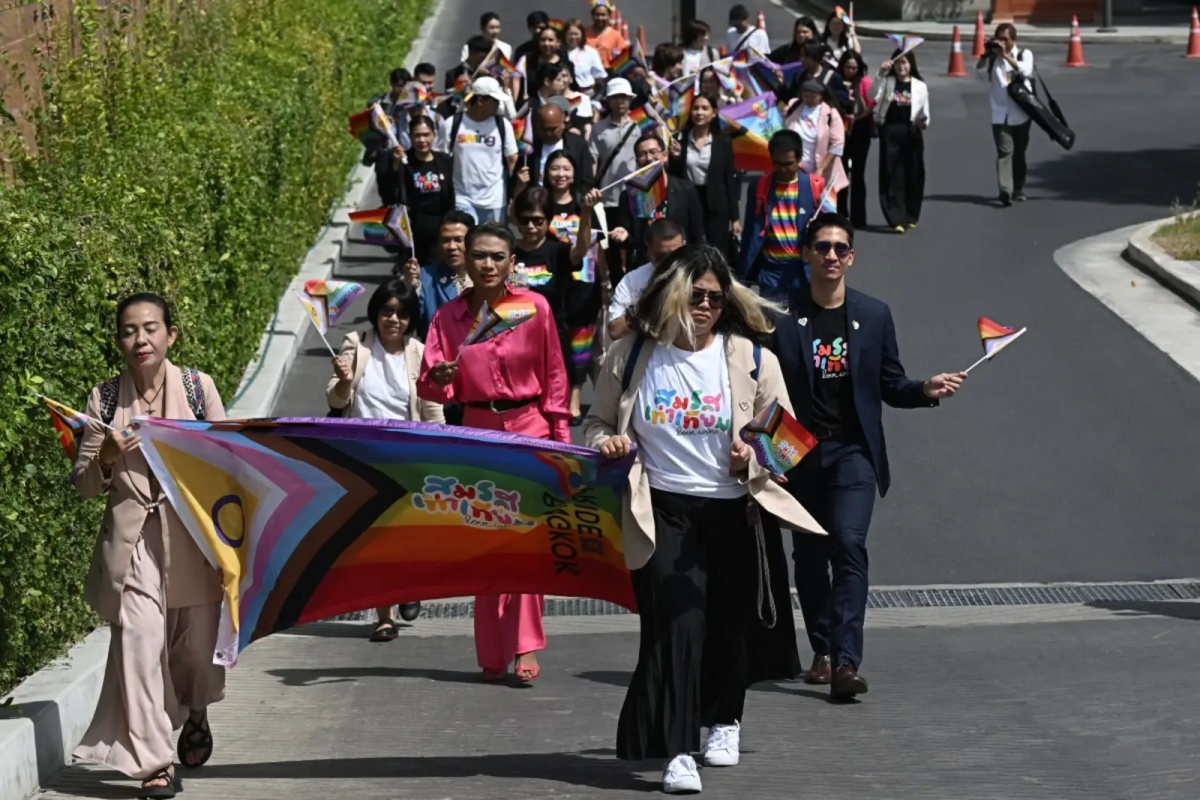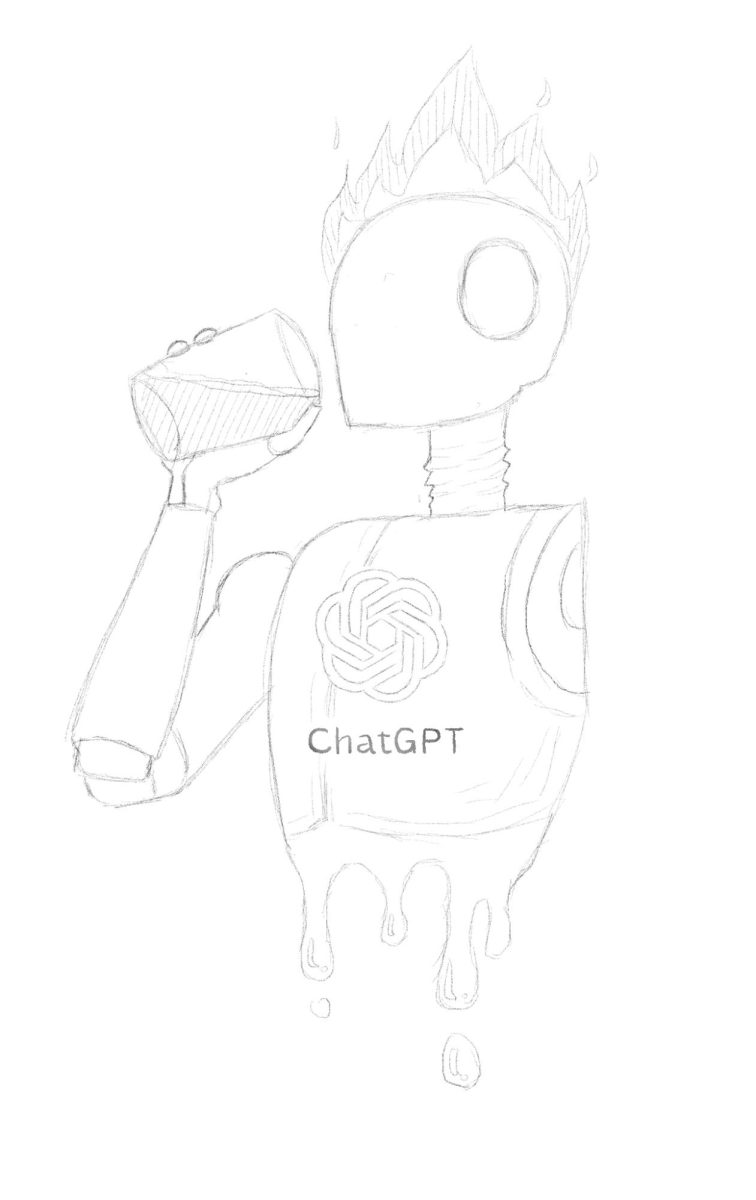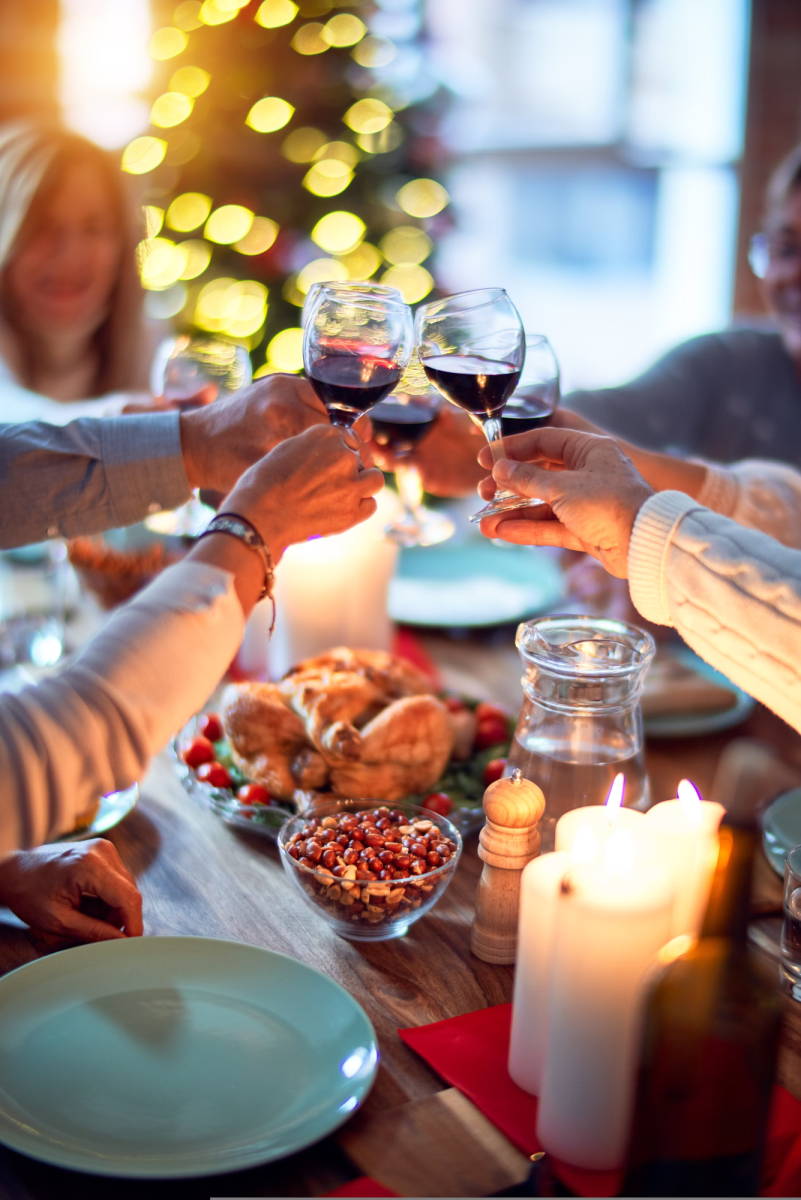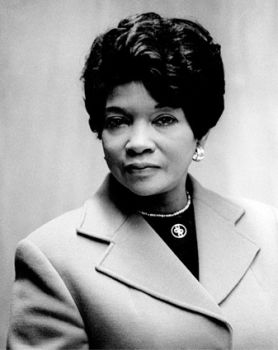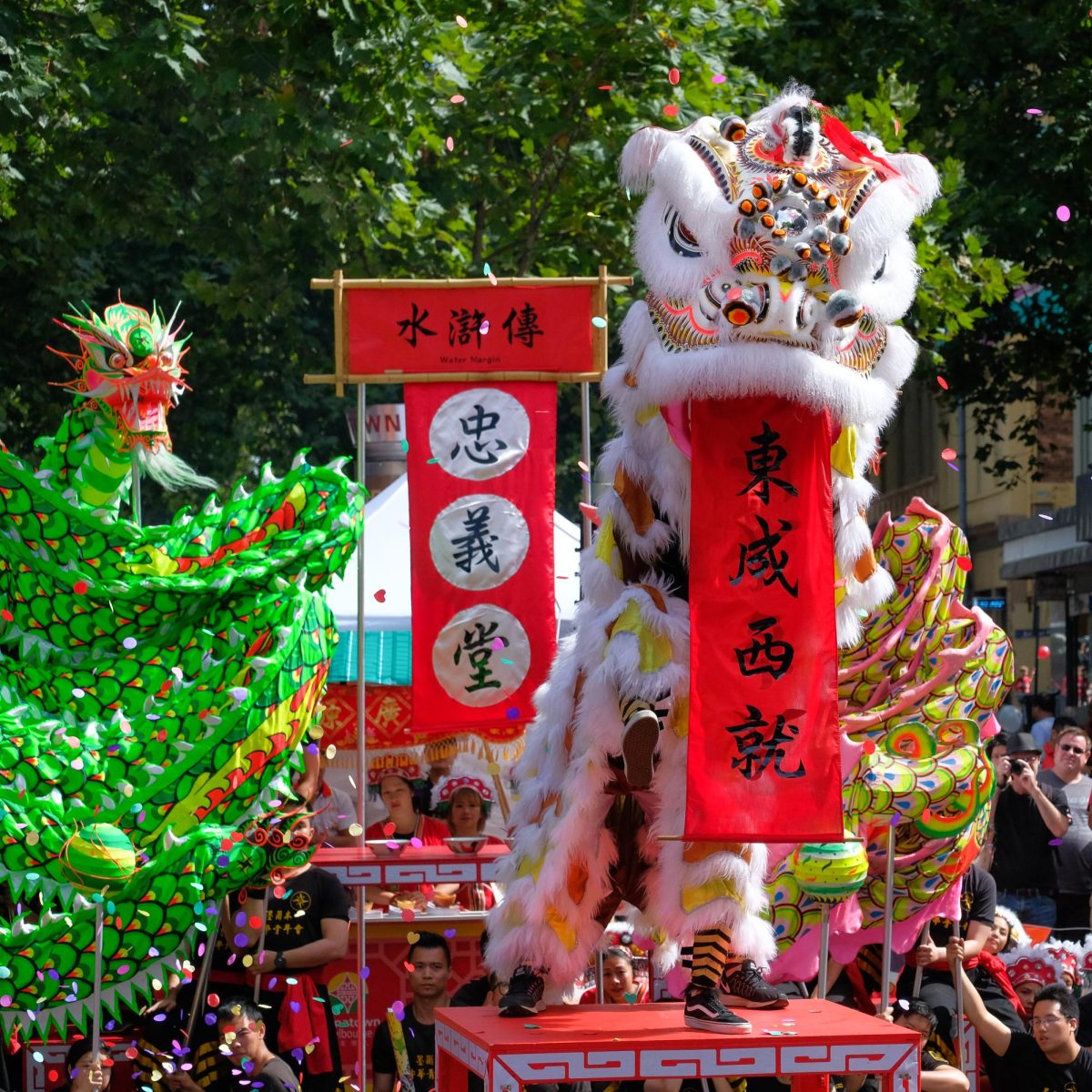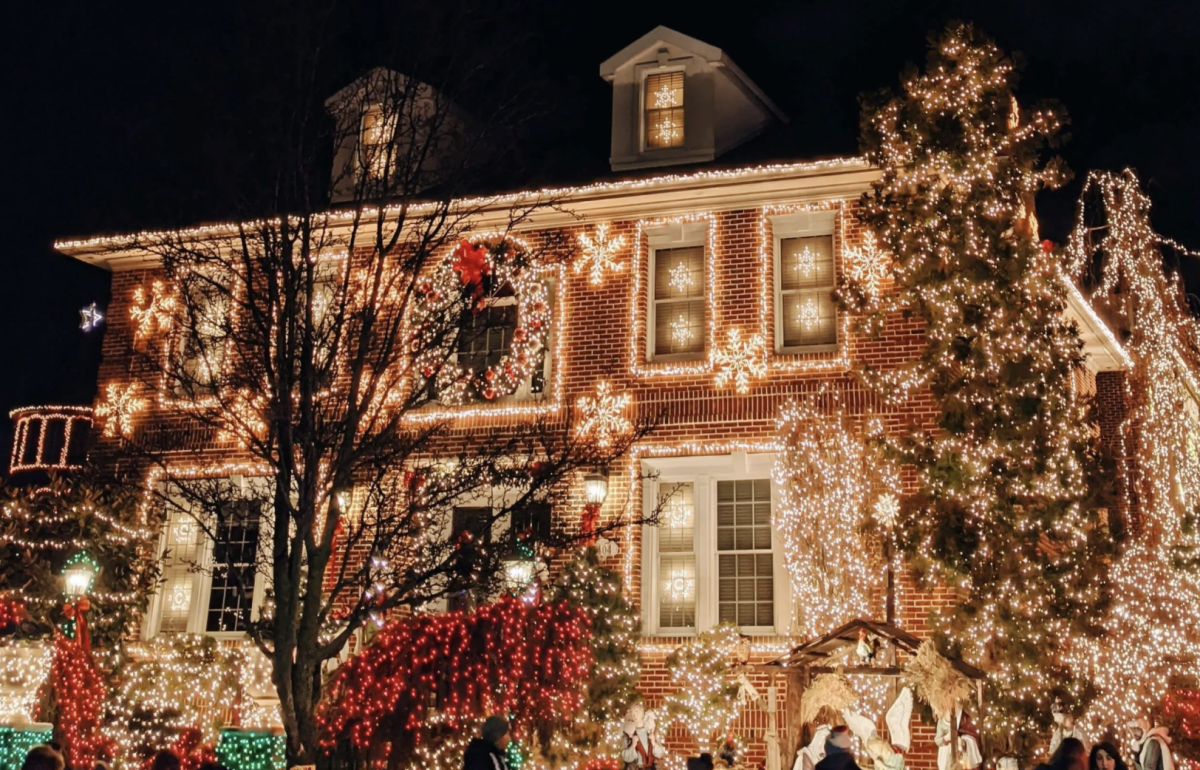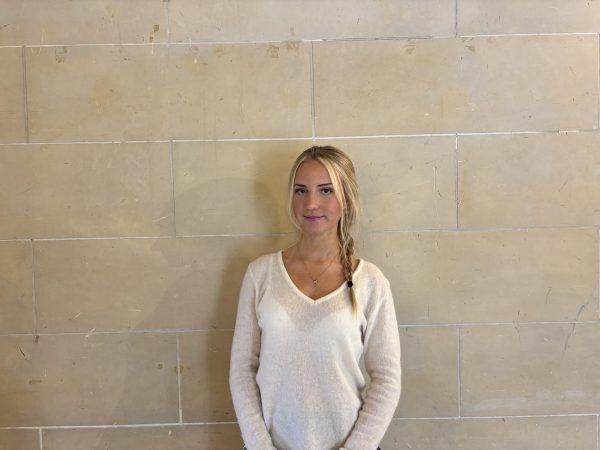The smell of roasting turkey will fill homes across America as the LFA community gears up to join millions in celebrating one of the nation’s most beloved holidays: Thanksgiving. On November 28, families and friends will come together to enjoy a tradition that dates back to the 1621 Harvest Feast shared by Wampanoag Native Americans and Plymouth settlers. This feast is emblematic of the core values we associate Thanksgiving with today: gratitude, unity, and reflection.
While the holiday is celebrated across the nation, various local communities have put their own special spin on the festivities. The Chicago Thanksgiving Day Parade, a strong, nearly 90-year-old tradition kicks off November 28 with a morning of jubilance in the heart of downtown Chicago. Stunning floats, marching bands, dance troupes, and all sorts of entertaining performances are a perfect way to showcase the true spirit of Thanksgiving. Additionally, many people participate in Turkey Trots — festive runs that promote good health, bring people together and help support local charities. Runners often don turkey costumes as they work up an appetite for the later feasts.
At heart, Thanksgiving is a day to reflect on what people are grateful for. It is about taking a moment to appreciate all that people have and how to share it. It is about savoring life’s blessings, whether it’s the aroma of fresh pumpkin pie, the hugs of loved ones or the grace in each “thank you.”
The ambiance of autumn plays a crucial role in Thanksgiving’s warm, fuzzy feeling. As the trees turn from green to beautiful hues of yellow, orange and red, houses are decorated to match with the color palette accordingly. Many homes are filled with seasonal adornments, such as mini pumpkins, decorative turkeys, strings of fall-colored leaves, cinnamon-scented candles and cornucopias, further fostering the cozy atmosphere.
Thanksgiving is still best characterized by the feast. Traditional favorites include a centerpiece roast turkey, side dishes like cranberry sauce and sweet potatoes, and pumpkin pie, just to name a few. Dishes are laid out on the dining table, giving warm, fruitful bursts of color at every corner.
For Suzanne Vaughn, a history and social sciences teacher at Lake Forest Academy, her family traditions are “to eat great food, to hang out with friends and the community.” While she appreciates all of the Thanksgiving festivities, her celebration is more serene.
Helena Secrest ‘26, however, has a different take on Thanksgiving. Instead of celebrating with her family alone, she participates in Friendsgiving. Secrest said, “My dad’s childhood friend lives across the street, so we go over to his house with all of my dad’s high school friends, with everyone bringing a dish of their own to share.”
While the LFA community indulges in the warmth of Thanksgiving, overlooked human rights violations underline the season of gratitude. Remembering Native American history and acknowledging the injustices that took place during the “discovery” of the Americas is important for ensuring that the national upcoming holiday can be properly respected.
On October 12th, 1492, Christopher Columbus (a Portuguese explorer and navigator) landed on the island of San Salvador — an island in the Bahamas — in the Caribbean. Columbus and his three ships crossed the Atlantic Ocean from Spain. Upon arrival in the New World, he and his crew thought that they had newly discovered the continent; however, upon further investigation, they encountered the indigenous Native Americans of the land. Columbus primarily referred to the indigenous people as “Indians” since Columbus believed that he landed in India. After meeting with the Native Americans, Columbus and his men worked with the indigenous people, who taught them how to grow crops and catch food on San Salvador. What the Natives failed to realize was that Columbus and his men were exploiting them and preparing to capture their land — Europeans would end up conquering North, South and Central America. Columbus and his men enslaved and killed the majority of the Native inhabitants of the West Indies (now the Caribbean) in order to steal their land and possessions. In addition, the Spanish settlers brought waves of diseases across the Atlantic, which ended up killing 55 million Native Americans on their own.
Pioneering American automotive engineer Howard Simpson said, “The Europeans were able to conquer America not because of their military genius, or their religious motivation, or their ambition, or their greed. They conquered it by waging unpremeditated biological warfare.” Simpson acknowledged the severe numbers of Native Americans who died as a result of exposure to disease as a result of contact with the Spanish. Colonel Thomas Aspinwall, the second-longest serving United States consul, stated, “It is painful to advert to these things. But our forefathers, though wise, pious, and sincere, were nevertheless, in respect to Christian charity, under a cloud; and, in history, truth should be held sacred, at whatever cost … especially against the narrow and futile patriotism, which, instead of pressing forward in pursuit of truth, takes pride in walking backward to cover the slightest nakedness of our forefathers.” Despite being in an extremely high government position, Aspinwall had the courage to acknowledge the Spanish settlers’ overlooked deeds during the ‘founding’ of the Americas. Furthermore, in the National Bestseller Lies My Teacher Told Me by James W. Loewen, historian Karen Kupperman said, “If Indian [Native American] culture had not been devastated by the physical and psychological assaults it suffered, colonization might not have proceeded at all,” explaining the degree to which contact with the Spanish damaged Native Americans and their cultures.
Although the motives of the Spanish were money, power and autonomy, it is important to remember the absence of any acknowledgment of human rights and the popular pattern of colonization at this time. These factors both led to discrimination against Native Americans carrying over to the present and cultural appropriation around the Thanksgiving season. Often, Native Americans are misrepresented in the media; in “Charlie Brown’s Thanksgiving” directed by Bill Melendez, the Native Americans that Charlie Brown encounters in the New World are stereotypically portrayed as inhumane beings with tribal dances, feathers for clothes, and uneducated speaking manners. Furthermore, Lake Forest Academy History and Social Sciences Teacher Sam Wold stated, “A large part of Native American culture misrepresentation is how they are presented to kids. I remember when I was a kid, people dressed up as Native Americans, with feathers and pilgrims. Thanksgiving has become kind of this myth of cooperation and respect between the two groups when there was some, but that’s historically inaccurate. Also, other fixtures of the fall season repeatedly misrepresent Native Americans — for example, when the Washington Commanders were previously called the Washington Redskins.”
To respect Native American culture, communities should be aware that not all Americans celebrate “traditional” Thanksgiving; Wold explained, “I know that a lot of Native American friends I have might do a harvest festival more so than Thanksgiving itself.”
Thanksgiving is a wonderful time to reflect on what one is grateful for and spend time with family and friends, and there are many ways to respect Native Americans and their history during the holiday: acknowledging them as human beings rather than mythical characters, listening to Native American stories about their agricultural contributions to the U.S. and hearing the perspectives of Native nations through Indigenous organizations such as Red Nation can help with being mindful during the fall season.
While the history of Native American nations is devastating, improvements in Indigenous human rights and respect have recently been made, including the adaption of government bills, the returning of land to Indigenous Americans, the growing power of Native American organizations, the changing of culturally insensitive sports teams’ name, and the acknowledgment of Native land.
All of these help to create a Thanksgiving holiday that can be celebrated by all while acknowledging the dark truths that contextualize it.
A correction was made on November 25, 2024: An earlier version of this article misidentified the Caribbean island of San Salvador as the modern-day country of El Salvador. The island is a part of the modern-day Bahamas, not El Salvador.


